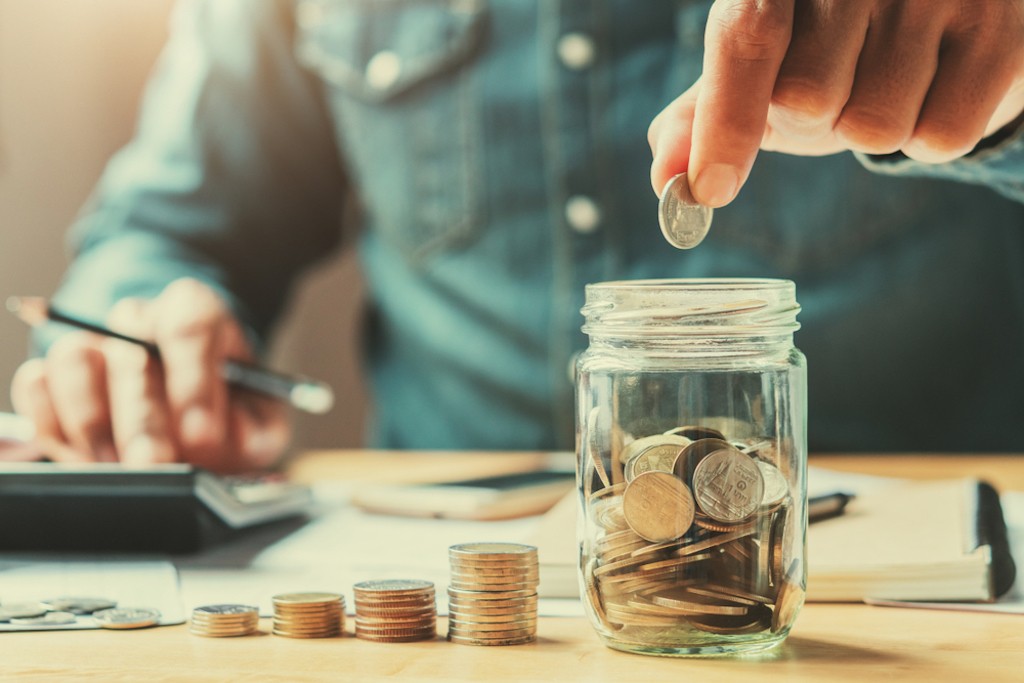I Tried a 30-Day No Spend Challenge and Now I Save More Money Than Ever

The no-spend challenge has been around for years but is gaining traction again thanks to TikTok. The idea is pretty straightforward. The only spending allowed is on the basics such as mortgage, rent, utilities, food, gas, health insurance, and bills—no shopping, eating out, buying coffee, or other luxuries. The challenge is meant to cut expenses, help build savings, pay off bills with the money normally spent on nonessentials, and eliminate unhealthy spending.
Shawn Plummer, a retirement planner and the CEO of The Annuity Expert, is used to budgeting. He helps clients with their insurance needs and to make well-informed financial decisions about the future, but realized he needed to do some work on his own personal finances.
“I wanted to curb bad spending habits,” he tells us. “I wanted to become more mindful of impulse purchases and reduce my dependency on retail therapy.” For one month, Plummer committed to not spending on frivolous things, and here’s what he learned.
RELATED: Save Money Without Sacrificing Fun.
Buying Coffee and Take Out Add Up

Two things Plummer cut from his spending included coffee and takeout, and he quickly saw how much he shelled out every month unnecessarily. “I soon made a routine out of making my own coffee and cooking my meals, which I actually found therapeutic,” he says. “It was only upon doing the no-spend challenge that I realized how much of these can rack up.”
Passing Up Sales

Quitting bad spending habits is hard for everyone, and Plummer found it challenging to stop hitting up sales. “Fear of missing out on sales and discounts was the hardest part for me,” he explains. “It’s tough to pass up a good deal, even if I technically don’t need the item. A part of me is trying to justify the “savings” I’ll get from buying stuff on sale.”
Another difficult thing was not going out to eat with friends. “Social media makes it all the more difficult, especially if friends are dining out or shopping,” he shares.
Fight the Urge

It’s hard not to give into the temptation of impulse shopping, but any time Plummer wanted to spend, he saved instead. “Every time I wanted to buy something, I put away the exact amount of the item to a separate savings account,” he explains. “It’s a way to trick my brain into thinking I already “bought” the item. Seeing the amount deducted from my wallet grounds me back to why I’m doing the no-spend challenge in the first place.”
RELATED: 15 Easy Ways to Stop Wasting Money.
Self-Discipline

After completing the 30 days of no spending, Plummer had an additional savings account and scaled back on things he purchased. “It’s nice to do this challenge every once in a while,” he says. “It teaches self-discipline and helps form better spending habits that stick around even after the challenge ends.”
Tips for Winning the Challenge

Completing the 30-day no-spend challenge might seem impossible, but it can be done. Setting yourself up for success ahead of time and mapping out a solid plan helps. Here are a few tips.
-Don’t socially isolate yourself. Have your friends meet you for a hike instead of coffee or lunch.
-Make time to meal prep so you don’t get hungry at work and run out to eat.
-Unsubscribe from memberships, apps, and streaming services.